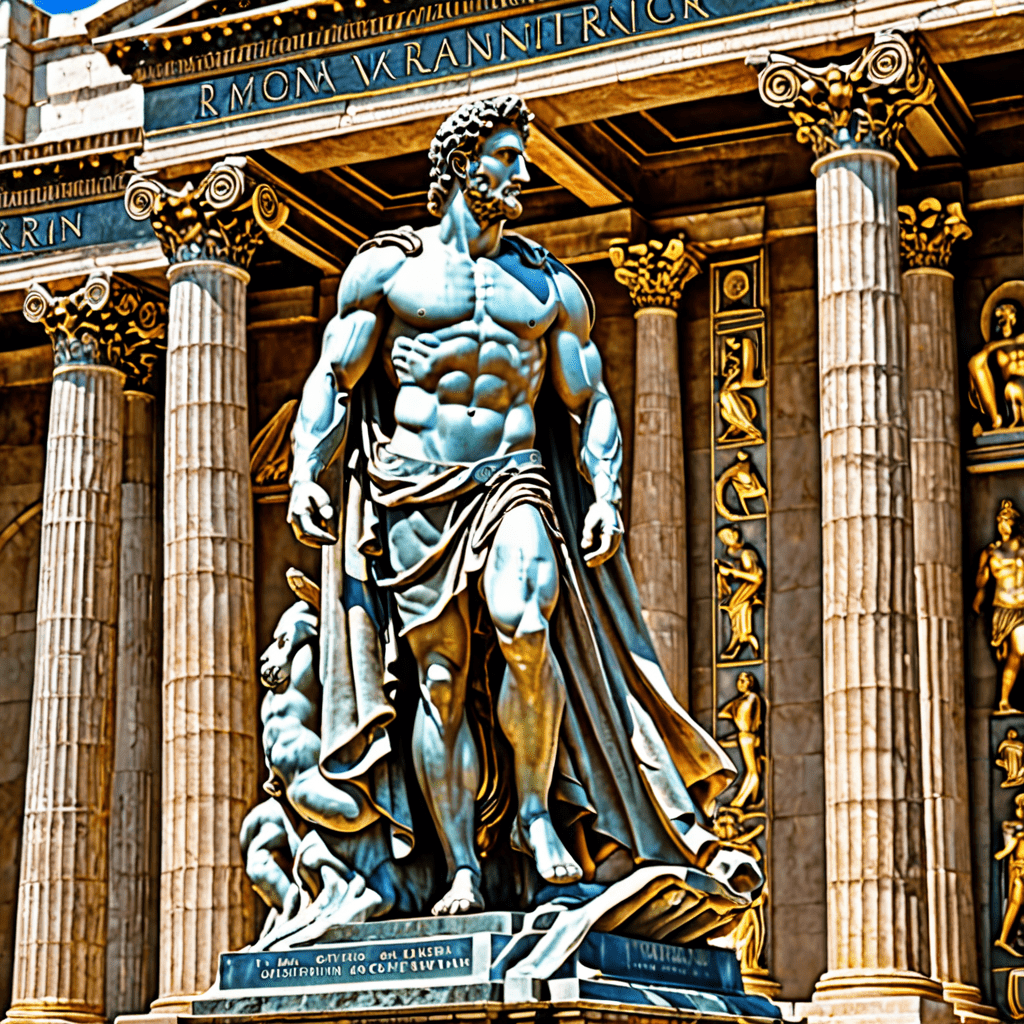Roman Mythology: Gods of Innovation and Progress
The Importance of Innovation in Ancient Roman Beliefs
In Roman mythology, the importance of innovation and progress was personified in various gods and goddesses. Roman society highly valued advancements in technology, arts, and culture. They believed that by embracing innovation, they could secure prosperity and well-being for their civilization.
Mercury: The Messenger God of Invention
Mercury, known as the messenger god, was also deeply associated with invention, commerce, and financial gain. In Roman mythology, Mercury was revered as the patron deity of merchants, travelers, and craftsmen. He symbolizes agility, creativity, and quick thinking, qualities essential for progress and innovation.
Minerva: The Goddess of Wisdom and Strategic Warfare
Minerva, the goddess of wisdom, warfare, and the arts, played a crucial role in Roman mythology as a patroness of innovation. She encouraged strategic thinking, rational decision-making, and creative problem-solving. Romans believed that worshipping Minerva would inspire individuals to seek knowledge, explore new ideas, and drive societal progress.
Vulcan: The God of Fire, Forge, and Technology
Vulcan, the god of fire and the forge, was revered for his mastery of craftsmanship, metalworking, and technology. In Roman mythology, Vulcan was considered the divine innovator who created ingenious tools and weapons for the gods and mortals. His association with fire symbolizes transformative energy, crucial for progress and development in various fields.
In conclusion, Roman mythology offers valuable insights into the divine beings who personified innovation and progress. By understanding the roles of gods like Mercury, Minerva, and Vulcan, we can appreciate the ancient Romans’ belief in the importance of creativity, wisdom, and technological advancement for the betterment of society. These deities serve as inspirational figures, reminding us of the timeless value of innovation in human history and culture.

FAQ: Roman Mythology: Gods of Innovation and Progress
Who were the Roman gods associated with innovation?
In Roman mythology, two significant gods associated with innovation were Vulcan, the god of fire and craftsmanship, and Minerva, the goddess of wisdom, arts, and trade. These deities symbolized creativity, progress, and technological advancements.
How did Vulcan contribute to innovation in Roman mythology?
Vulcan, the god of fire, was revered for his exceptional skills in metalworking and crafting. He was believed to have forged powerful weapons and tools for the gods, showcasing his innovative abilities in creating intricate and groundbreaking inventions.
What role did Minerva play in promoting progress in Roman mythology?
Minerva, the goddess of wisdom and strategic warfare, was also hailed as the deity of crafts, arts, and trade. She inspired creativity, invention, and intellectual progress among mortals, encouraging them to pursue innovative solutions and advancements in various fields.
How were these gods worshipped for their influence on innovation?
Romans honored Vulcan and Minerva through elaborate ceremonies, festivals, and offerings, seeking their blessings for successful endeavors, technological advancements, and creative pursuits. These gods were revered as patrons of innovation and progress, guiding Romans in their quest for growth and development.
What lessons can we learn from the Roman gods of innovation and progress?



